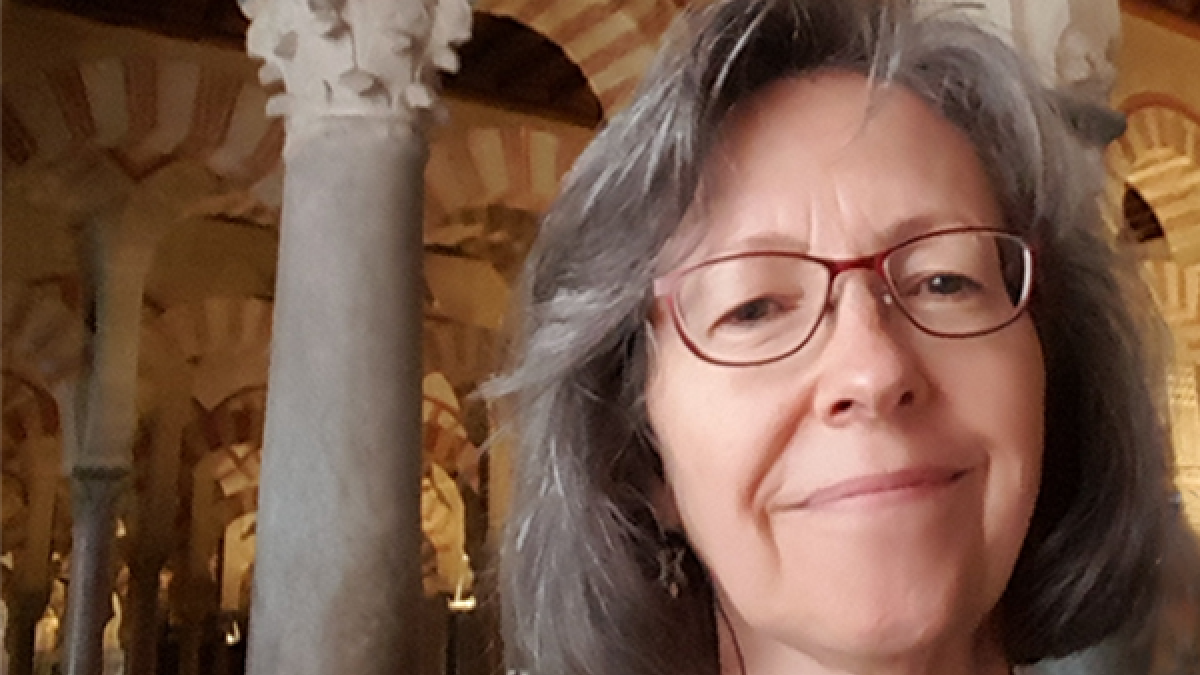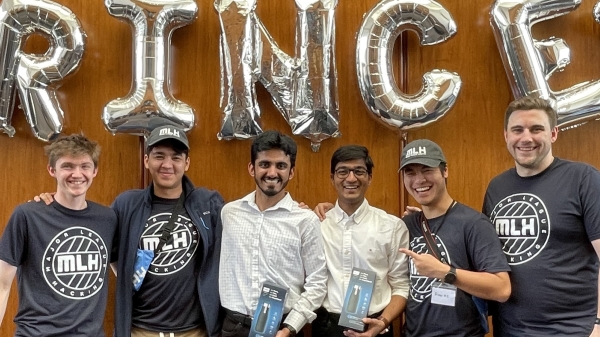Music professor presents research on benefits of singing during and after health crisis

Kay Norton
Kay Norton, professor of musicology in Arizona State University's School of Music, Dance and Theatre, is an invited keynote speaker at the INECO Foundation's first virtual conference in Latin America, "Building the neuroscience of well-being during and after the COVID-19 pandemic,” on Oct. 28.
Norton will share insights from her book “Singing and Wellbeing: Ancient Wisdom, Modern Proof” (Routledge, 2016) and provide a review of recent scientific findings on five areas in which singing supports well-being. Those areas of well-being include dementia and brain trauma, gait rhythm for Parkinson’s patients, immune response, reward and motivation for staying consistent with therapies that involve singing, and group bonding.
The INECO Foundation is a nonprofit organization that supports research programs on brain functioning and prevention, detection and treatment of neurological and psychiatric disorders, both in adults and children.
To close the conference, Norton will lead the estimated 2,000 conference attendees in a virtual singing experience in the tradition of vocalist and activist Ysaÿe Barnwell’s building a vocal community.
For the conference, Norton recruited friends to learn and record the chorus, “We are the ones that we’ve been waiting for,” taught to her by Barnwell during Barnwell’s 2017 time as artist-in-residence at ASU.
“The takeaway from that song is, ‘Don’t wait for other people to imagine and create ways to connect, demonstrate or innovate avenues of well-being — be the change yourself,’” Norton said. “In the middle of a global pandemic, singing together in any way possible allows me, and I hope others, to find optimism.”
Ethnomusicology student Lawson Malnory engineered the composite recording that Norton will play at the end of her paper presentation. After conference attendees hear the different parts, they will be invited to join in a final version with everyone singing together.
“It’s really powerful,” Norton said. “I can attest that, even separated by great distances, I get a surge of feel-good neurotransmitters and brain hormones when I sing with others in this way, and I believe others will too.”
The symposium is free and open to the public. Norton’s presentation is from 2:40–2:55 p.m. (MST) Wednesday, Oct. 28. Register at simposio.fundacionineco.org/.
More Science and technology

National Humanities Center renews partnership with Lincoln Center for responsible AI research
The National Humanities Center has announced that Arizona State University's Lincoln Center for Applied Ethics is one of four…

ASU student and hackathon enthusiast explores bridge between humanities, technology
While science and the humanities are seemingly two completely different worlds, the truth is they often go hand in hand. Mannan…

Advanced packaging the next big thing in semiconductors — and no, we're not talking about boxes
Microchips are hot. The tiny bits of silicon are integral to 21st-century life because they power the smartphones we rely on,…